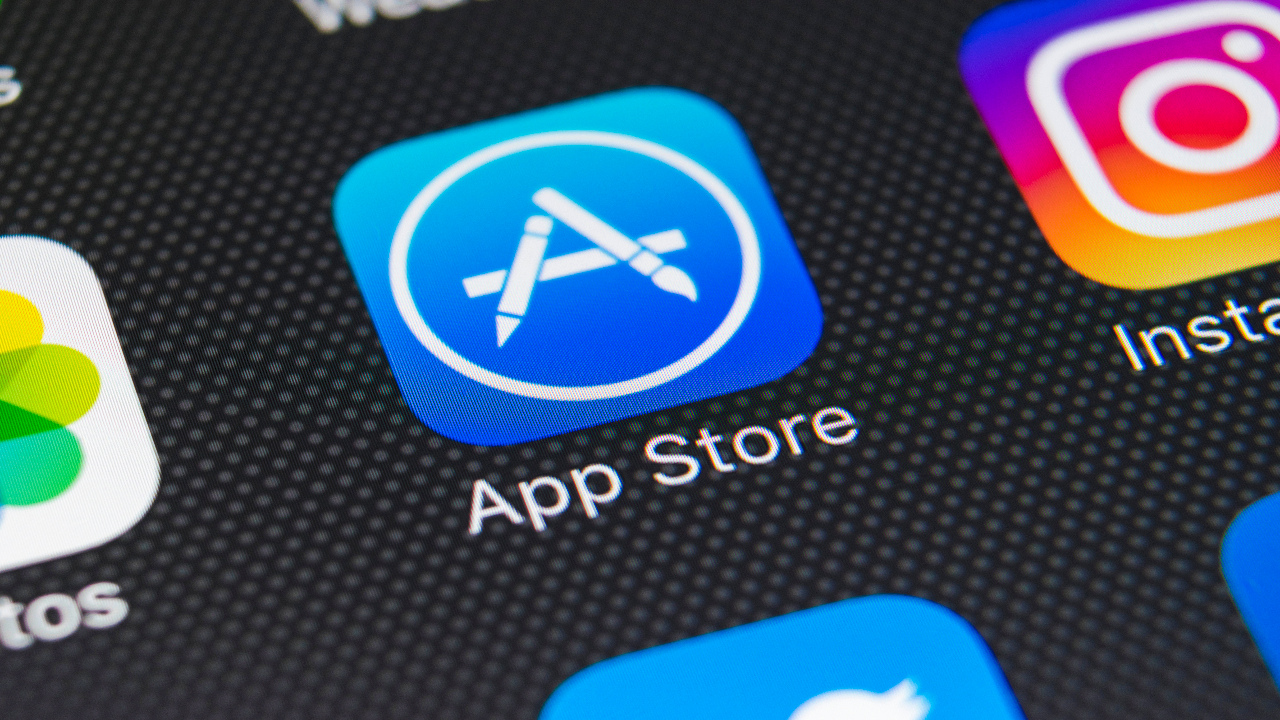
Apple’s walled garden means iOS isn’t nearly as open as a platform like Windows or Android, but it had looked like this would be about to change. The European Union is forcing Apple to offer sideloading in the region; unfortunately, Apple may be set to comply in the most restrictive and Apple-like way possible.
While the new policies would let European users download iOS apps from places other than Apple’s App Store, the Wall Street Journal reports that Apple still intends to maintain control. Sources claim that Apple will only allow sideloading of apps it has personally reviewed, and also intends to collect fees from developers that circumvent the App Store.
These plans have not been officially confirmed and the WSJ notes that they could change. But this decision feels so quintessentially Apple that we should have seen it coming.
May not be in the spirit of the law
It’s not clear whether this would fall foul of EU rules regarding third-party app stores, but you’d assume Apple wouldn’t be dumb enough to poke the bear like this. While we can definitely expect Apple to comply with the absolute bare minimum of effort, the EU has proven time and again that it’s serious and enforcing these kinds of rules.
Considering a lot of the talk about sideloading on iPhone stems from complaints about the company’s unfair restrictions, it will be interesting to see how regulators react should Apple try to maintain control in this manner.
Antitrust lawyers told WSJ that some of the rules are very clear cut, while others leave some room for interpretation. That could give Apple some wriggle room to do something similar to what the report describes.
Protecting developer relationships
Of course, Apple will have to consider how imposing these kinds of restrictions on sideloading will tarnish its relationships with developers. Being asked to pay more money simply because you allow downloads from somewhere other than the App Store isn’t going to be popular. So Apple may end up fighting back against the likes of Meta or Microsoft, in addition to scrutiny from EU legislators.
Apple also has a history of only obeying the letter and not the spirit of the ruling. In its response to being forced into allowing U.S. developers to offer links to third-party payment providers in their apps, Apple announced it would take a 27% cut of any non-App Store sales and forced developers to present a large warning page before a user left their app.
We’re going to have to wait and see how this situation plays out, however. It could be that the Wall Street Journal’s report is correct and Apple intends to be very Appley about being forced to offer sideloading. But it could also be that there’s nothing to worry about, as we found with USB-C and unfounded rumors of the revitalized “Made for iPhone” program.







